
Sam R.
Project ManagerWhat is the nature of your role and its responsibilities?
I work at the Norwich Research Park where I’m helping to develop, launch and run a new microbiology centre – called the Centre for Microbial Interactions. The centre will promote and support microbiology researchers in Norwich, helping them to start new projects and share their work with the public. It’s a really varied role working with lots of different people and includes organising events, writing science articles, making content for social media, and training other scientists.
What led you to follow this career path?
I’ve always loved science, maths and the natural world so I knew that I wanted to study and work in this area after sixth form. Chemistry in particular appealed to me for an undergraduate degree and PhD because it offered lots of practical work and interesting links to other subjects like biology and physics. Although I didn’t continue working in a laboratory after my PhD I still get the chance to work alongside researchers as a project manager. This really suits me because it’s fascinating learning about lots of different science subjects and I enjoy helping people to share their latest research findings with the public.
What qualification(s) or training did you complete?
Straight after sixth form I completed a MSci degree in chemistry at Imperial College London before doing a PhD in chemistry at the University of East Anglia. I’ve also recently finished some more formal project management training which should give me extra skills to run bigger and better projects.
How are your qualification(s) or training useful in your everyday job?
The knowledge I gained from my undergraduate degree really helped in my science communication and engagement jobs because I feel I can understand different subjects and help break them down for people who aren’t familiar with them. My PhD also helped me understand how long term research projects work and it allowed me to develop lots of transferable skills that I’ve been able to use outside outside the laboratory.
What does an average working day look like for you?
Most days are really different from one to the next because my job lets me get involved in all aspects of the project from a very early stage. So some days I’ll be writing articles, sharing stories on social media and updating our website. Other days I’ll be giving presentations and meeting people from across the Norwich Research Park to plan big events. Then there’ll also be creative days where we’re brainstorming ideas for a science festival or working with designers to make logos and graphics.
What aspect of your role do you most enjoy?
I love working with such a wide variety of people because I’m always learning something new and I’m helping to build new communities. From scientists and artists to website developers and journalists it’s great to have the opportunity to bring people together around the new microbiology centre so we can share knowledge and celebrate success.
What aspect of your job do you find most challenging?
The other side of working with lots of different people from different organisations is that it can sometimes be difficult to get everyone to agree on something quickly!
What would be your top piece of advice for anyone wanting to become a project manager?
Keep in mind all the general and transferable skills you’ve picked up over the years because it’s likely they can be applied to anything related to project management (e.g. organisation skills, clear communication, interpersonal skills, report writing). Also try not to worry too much if your background doesn’t completely match the career you want to go into – for example I’ve ended up in project management after doing chemistry research and then working in science communication, but it’s all been really useful experience.

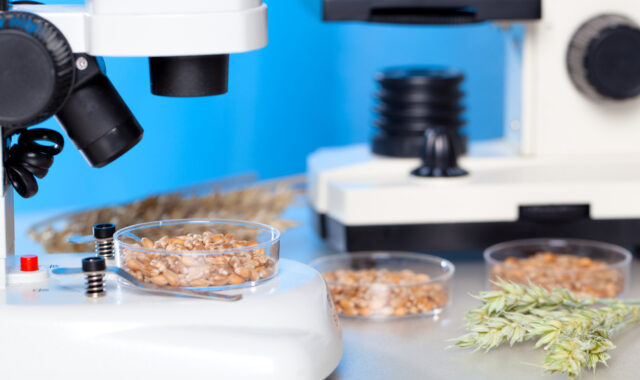
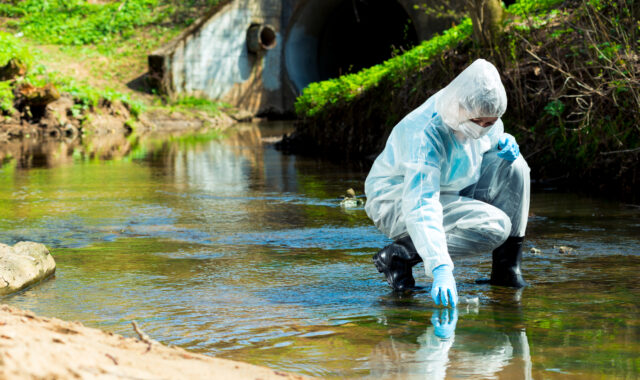
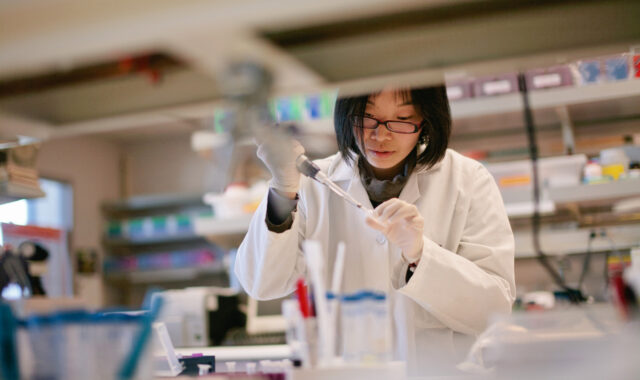
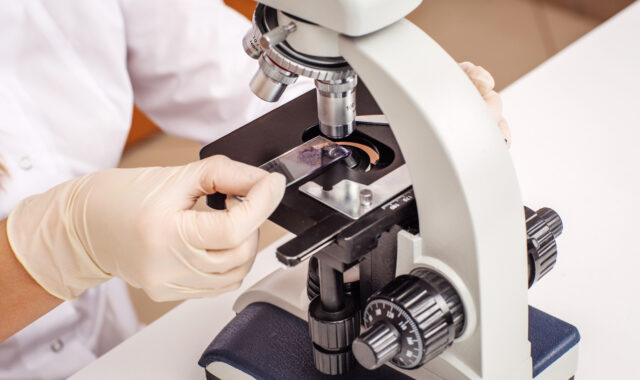



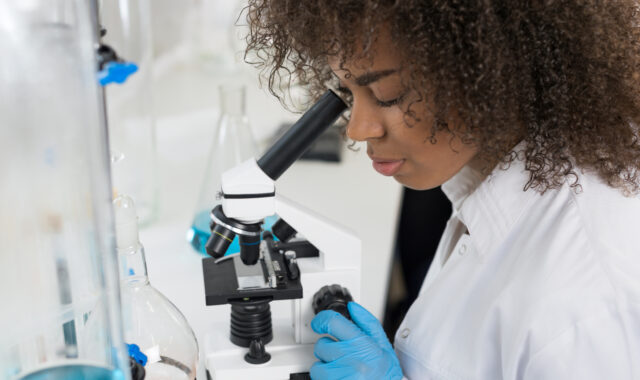
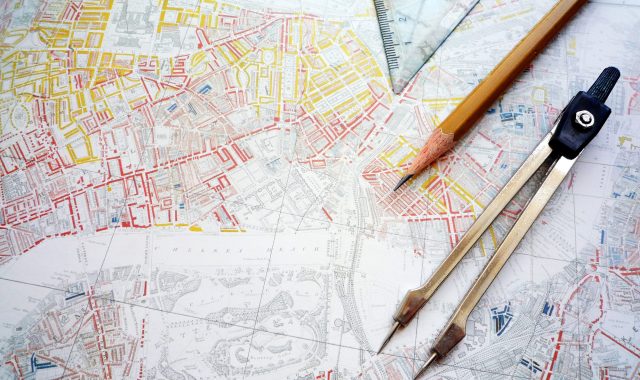


Comments